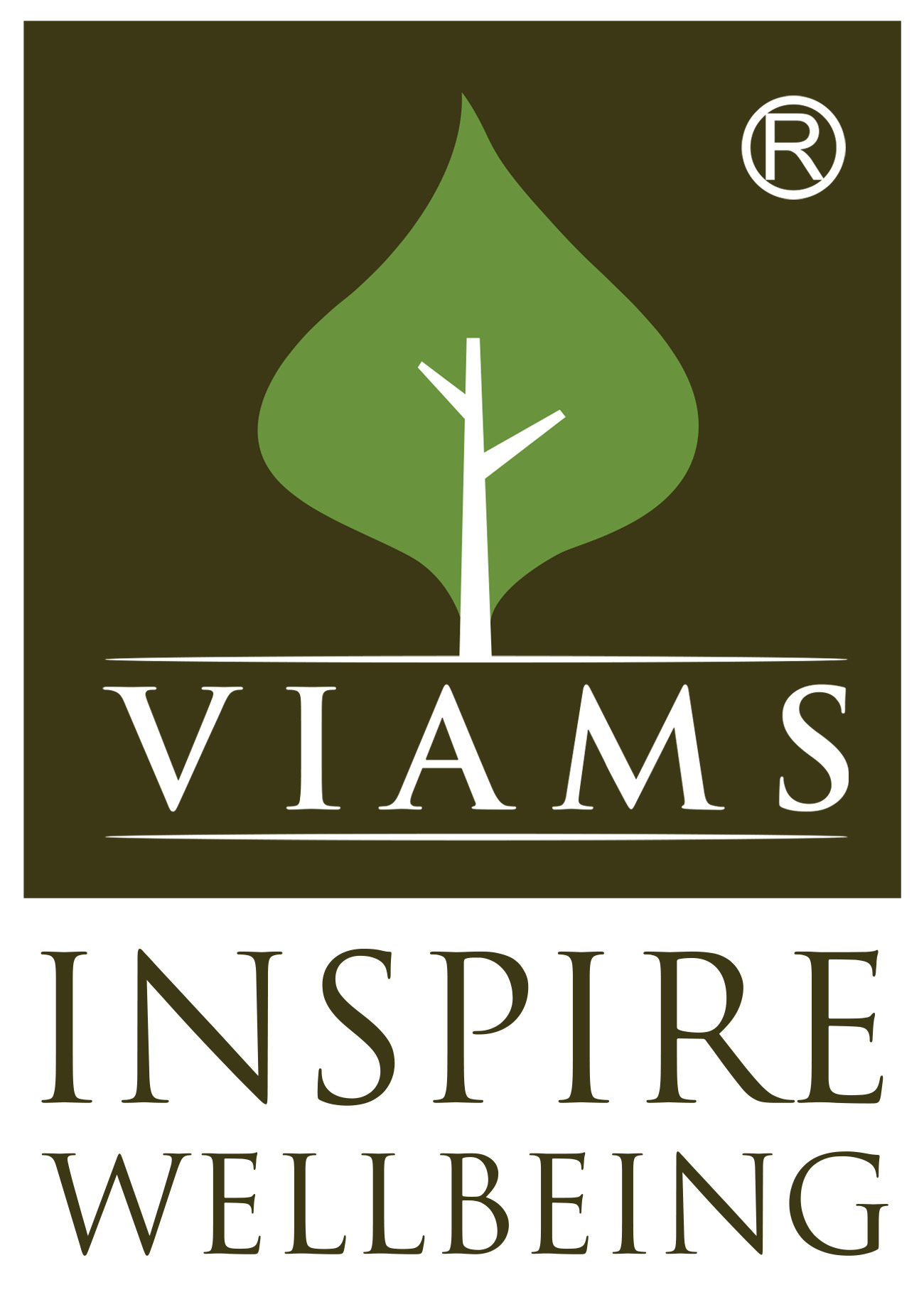Spinal Stenosis
Spinal Stenosis: Ayurvedic Approach and VIAMS’s Unique Treatment Protocol
Spinal Stenosis is a condition in which the spaces within the spine narrow, placing pressure on the spinal cord and nerves. This can result in pain, numbness, and weakness, primarily in the lower back and legs, making movement and daily activities challenging. While conventional medicine often resorts to pain management and surgical intervention, Ayurveda offers a holistic approach that targets the underlying imbalances to provide long-term relief and restore quality of life.
Ayurvedic Perspective of Spinal Stenosis
In Ayurveda, Spinal Stenosis is considered a condition of Vata imbalance, primarily affecting the Asthi Dhatu (bone tissue) and Majja Dhatu (nervous system). The narrowing of the spinal canal is associated with the aggravation of Vata dosha, leading to degeneration of the bones and compression of the nerves. Improper posture, sedentary lifestyle, aging, and poor digestion are some factors that aggravate Vata, leading to conditions like Spinal Stenosis.
Ayurvedic treatment for Spinal Stenosis focuses on pacifying Vata dosha, strengthening the bones and nerves, and reducing inflammation and pressure on the spine to alleviate symptoms.
Ayurvedic Management of Spinal Stenosis
1. Panchakarma Therapies
Panchakarma, the Ayurvedic detoxification process, plays a vital role in treating Spinal Stenosis. Treatments depends on the site of Stenosis. Kati Basti (localized oil therapy for the lower back), Greeva Vasti (Pooling of medicated oil on the neck) Basti (medicated enema), and Abhyanga (therapeutic oil massage), Nasya(Nasal medication) help to balance Vata, nourish the nerves, and reduce inflammation around the spinal region. Nhavarakizhi for healing the nerves and strengthening the muscles and nerves.
2. Herbal Formulations
Herbal remedies like Shallaki, Guggulu, Ashwagandha, and Rasna are used to reduce inflammation, strengthen the bones and nerves, and relieve pain. These formulations work to rejuvenate the spine and improve nerve function.
3. Diet and Lifestyle
A Vata-pacifying diet is essential for managing Spinal Stenosis. Warm, nourishing foods that are easy to digest are recommended, along with the inclusion of anti-inflammatory spices like ginger and turmeric. Avoiding cold, dry, and raw foods is crucial to maintaining balance in the body.
4. Yoga and Physiotherapy
Gentle stretching and strengthening exercises, along with specific Yoga postures such as Tadasana (Mountain Pose), Bhujangasana (Cobra Pose), and Dhanurasana (Bow Pose), help to improve flexibility and reduce pressure on the spine. Pranayama (breathing exercises) helps to relax the nervous system and promote healing.
Effectiveness of Ayurvedic Treatment for Spinal Stenosis
Ayurveda has proven effective in managing Spinal Stenosis by:
- Alleviating pain and discomfort caused by nerve compression
- Reducing inflammation and improving mobility
- Strengthening the spine, muscles, and nerves
- Offering long-term relief without the need for surgical intervention
- Improving overall quality of life through holistic care and lifestyle adjustments
The holistic nature of Ayurveda not only focuses on symptom relief but also targets the root cause, ensuring sustainable improvement in spinal health.
VIAMS’s Unique Integrated Treatment Protocol for Spinal Stenosis
At VIAMS, we provide an integrated approach to treating Spinal Stenosis that combines Ayurvedic wisdom with modern diagnostics and rehabilitative care. Our protocol focuses on relieving symptoms while addressing the root cause to provide long-term recovery and spinal health.
Our unique treatment protocol includes:
- Comprehensive Diagnosis and Assessment: We start with a thorough diagnostic evaluation, including MRI and X-rays, to understand the severity of the spinal narrowing and its impact on the nervous system.
- Customized Panchakarma Therapies: Based on the patient’s condition, we administer tailored Panchakarma therapies, such as Kati Vasti, Vasti, and Pizhichil, to detoxify, reduce inflammation, and nourish the spine and nerves. These therapies help restore Vata balance and improve spinal health.
- Herbal Medicine and Supplements: We provide personalized herbal formulations to support bone and nerve health, reduce inflammation, and alleviate pain. These medicines are customized based on the individual’s constitution (Prakriti) and the severity of the condition.
- Physiotherapy and Yoga Integration: Our protocol includes physiotherapy to strengthen muscles and improve spinal stability. Yoga postures and breathing exercises are integrated into the treatment to help maintain flexibility and reduce pressure on the spine.
- Diet and Lifestyle Guidance: We offer dietary recommendations and lifestyle modifications that support Vata pacification, promote digestive health, and help prevent further degeneration of the spine.
Benefits of VIAMS’s Treatment Protocol
- Non-Invasive Approach: Our Ayurvedic protocol offers a non-surgical, natural approach to managing Spinal Stenosis, reducing the need for invasive interventions.
- Long-Term Relief: By addressing the root cause of the condition, our treatments provide lasting relief from pain and discomfort, promoting overall spinal health.
- Personalized Care: Every patient receives a customized treatment plan, ensuring that their unique needs are met for optimal results.
- Holistic Healing: Our protocol combines the best of Ayurveda and modern rehabilitation techniques, offering a comprehensive solution that improves both physical and mental well-being.
Our Uniqueness
- Tailor-made medicines from our own Pharmacy
- Integration of Allied Healthcare Techniques
- Experienced Doctors & Therapists
- Three Stages of Treatment with Assessment
- Continuous Online Support 24 X 7
